Watch Motswako
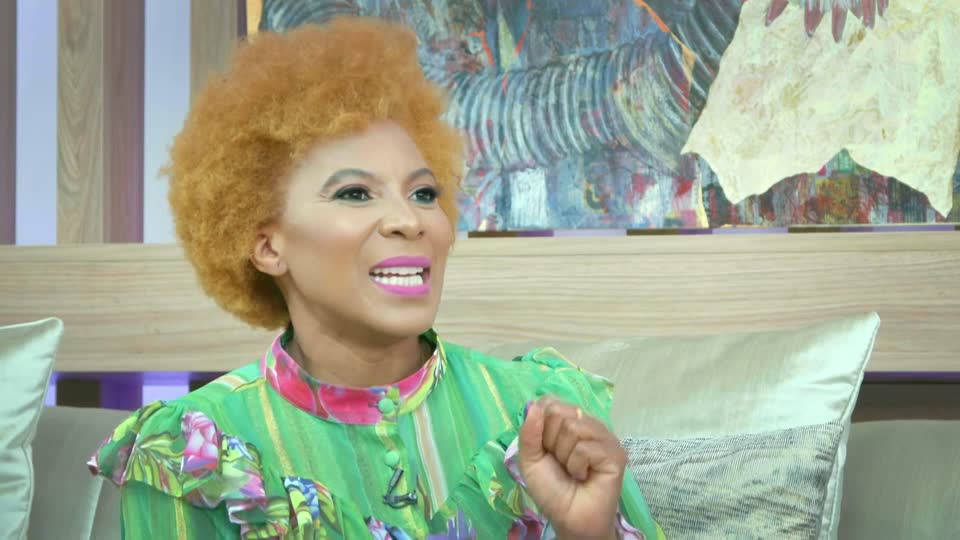
This episode is an ode to conversations have been shared on screen with Motswako viewers, but more so the impact that these talks have had on the post-democracy Motswako woman, the survivor of world-wide pandemics and deliberately marginalized of the women of South Africa. We unpack the highlights and low moments of deep pain. We celebrate to much laughter and ululation while reminiscing and comparing notes of how life-changing and mind altering the role of Motswako presenter can be to anyone who encounters the opportunity to present or even watch this necessary and important platform for women, by women and all women.
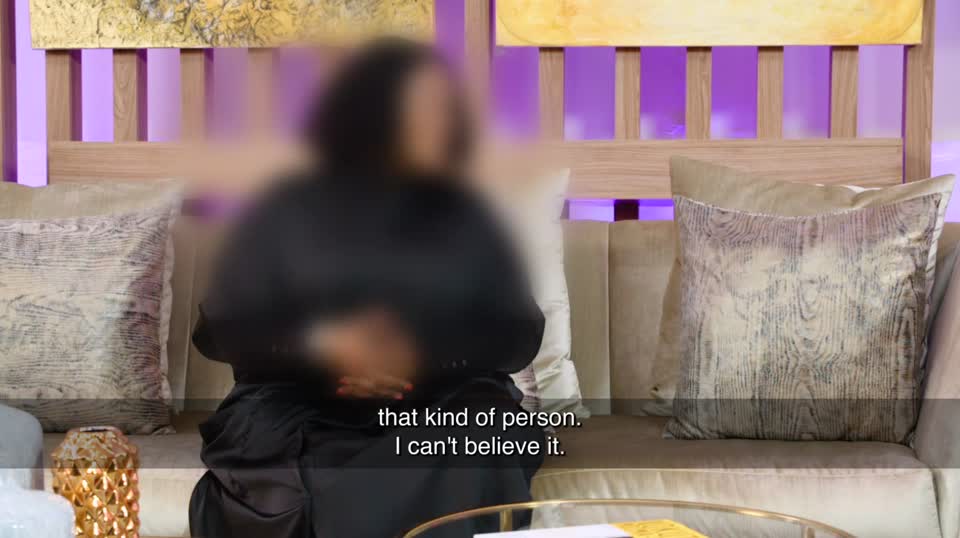
When it comes to love, even sober minded people throw common sense caution to the wind. We’ve all heard this before: “If it’s too good to be true, it probably is.” But is it that simple? Netflix’s latest documentary hit, The Tinder Swindler, proves love scams are a breed apart from the rest. Romance scammers steal your heart to steal your money. The need for love and affection has been made worse by the COVID-19 pandemic with its lockdown restrictions, where millions of people around the world lost touch with one another and feelings of loneliness and isolation took over.
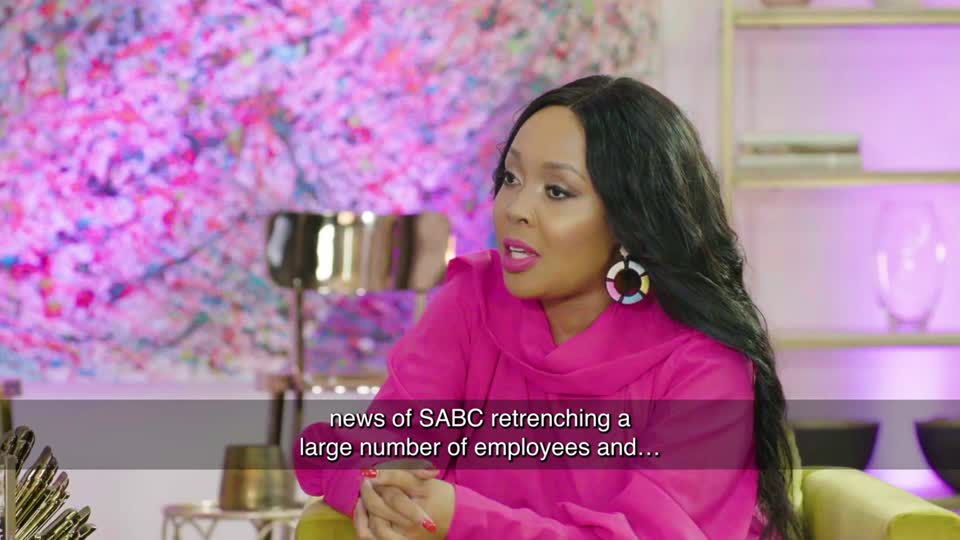
In the 1950s, women were, most often, portrayed merely as the focus of what is called "the male gaze." Around the world, women are far less likely than men to be seen in the media. As subjects of stories, women only appear in a quarter of television, radio, and print news. In a 2015 Wits Journalism report, women made up a mere 19% of experts featured in news stories and 37% of reporters telling stories globally. Today, women are seen much more frequently in the numerous venues of modern art and media. The media landscape in South Africa has seen significant changes over the last 10 years, but there is still more transformation that needs to happen.
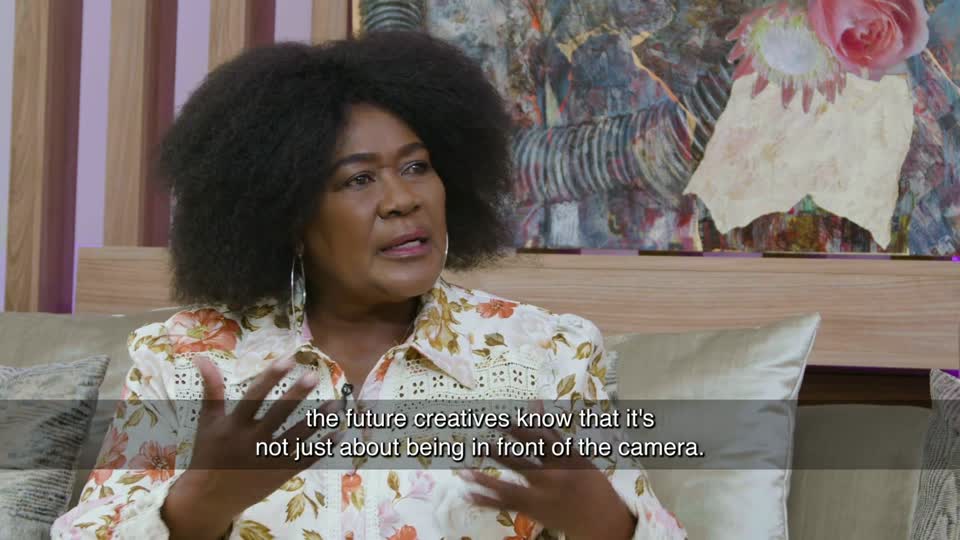
Connie Chiume is an icon who has been in the theatre and television industry for over forty years gracing the screens and stages locally and abroad, she is a Lifetime Achievement recipient of the Mbokodo Award, a SAFTA Award winner and many other prestigious recognitions. She has represented S.A in some of the most internationally renowned films including the blockbuster; Black Panther.
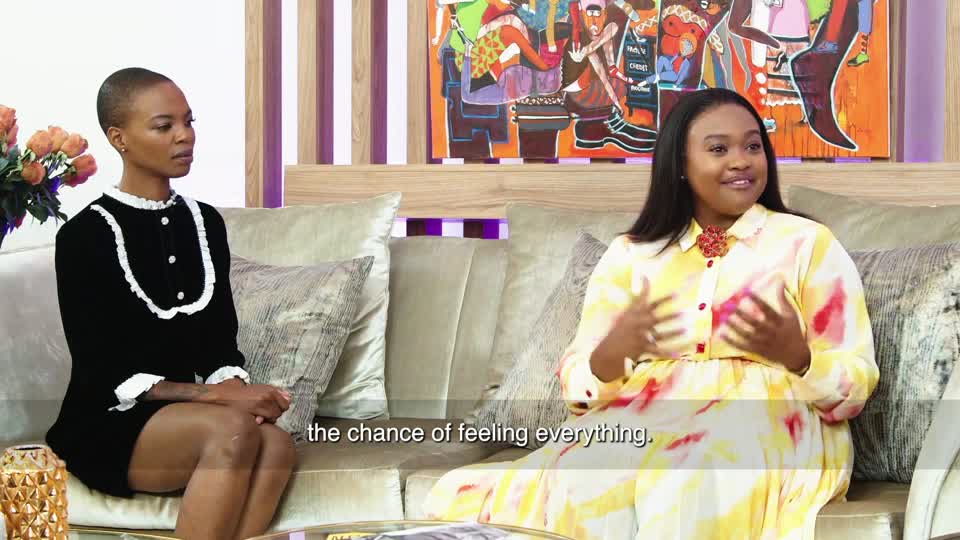
Grief has been a subliminal lived experience for many South Africans post the Covid-19 pandemic. We speak to women who have been widowed or lost loved ones during this time as a focal point on the overall grieving process as well as the many challenges and learnings that emanate from this still-too-taboo-to-discuss-openly experience. While on the surface, our guests have lost their loved ones; we come to learn that it is more complex than what meets the eye.

Trans gendered women are often side-lined from conversations about women especially during women’s month and this is an issue which needs to be addressed religiously to curb the trans-phobia that is so rife in society. Representation on our screens matters and adding topics about minority groups gives a chance for the public to educate themselves. Motswako is a platform that offers a range of authentic stories from different people. Talking about issues that are considered taboo in society with the aim of educating and opening up a dialogue for such topics to be discussed openly.
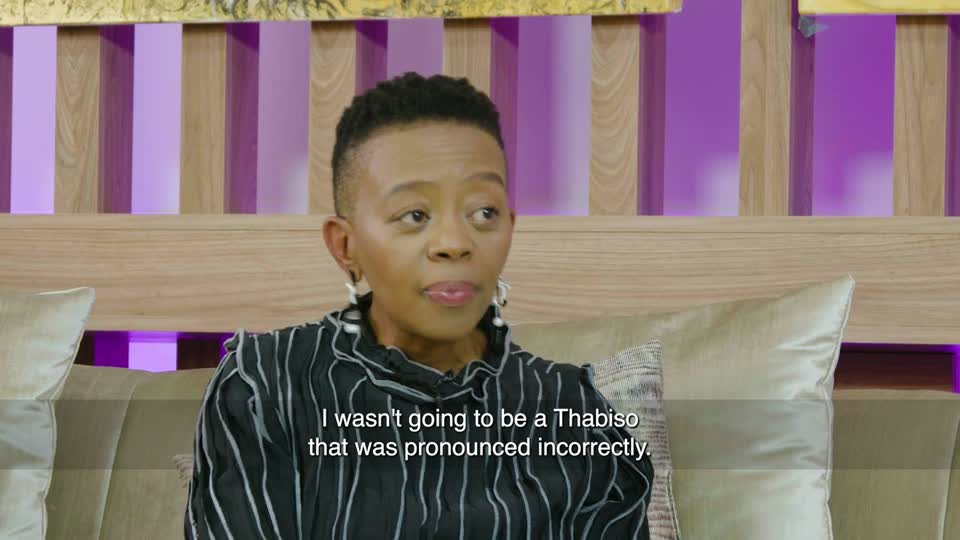
habiso Sekwane has been the talking point on many social media platforms of late, mostly regarding her rather happy and content divorce announcement alongside her soon-to-be ex-husband and popular DJ Thato ‘Fresh’ Sekwane. Their method of announcing and as well as denouncing the many rumours, that may have been fuelled by their public profiles, has intrigued many South Africans. Some have received their announcement as an inspiration of how healthy relationships end, while others feel that it was a mere PR stunt. What has become apparent in this episode is that Thabiso is a woman on her own path and always has been. Losing in love and finding a greater version of oneself is the significant take out and leaf out of a great book, that is still being written in a bold way.
Save video to ...
















